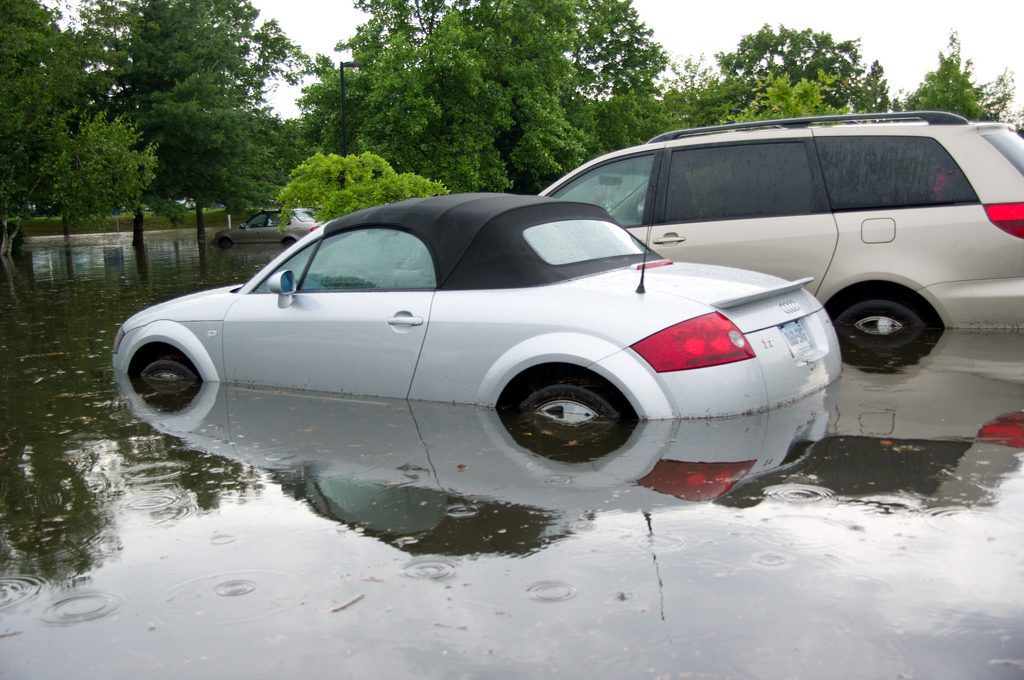
Flood Vehicles – What to Avoid!

The Facts
on Flooded Vehicles is from the National Insurance Crime Bureau:
Like other natural disasters, floods can create enormous damage to properties and
vehicles. Flood vehicles offer a tempting opportunity for criminals to defraud
unsuspecting consumers.
By definition, a flood vehicle has been completely or partially submerged in water to the
extent that its body, engine, transmission or other mechanical component parts have been
damaged. If the vehicle is so damaged that it is no longer operable, the driver’s insurance
company settles the claim by buying the vehicle and selling it as a “salvage” at an auto
auction.
Dishonest and unscrupulous car dealers buy the vehicles, dry and clean them, yet leave
plenty of hidden flood damage. They then transport the vehicles to states unaffected by
the storm or natural disaster and sell them as used vehicles to unsuspecting buyers. These
dishonest dealers will not disclose the damage on the vehicle’s title as they are required,
which is a crime called “title washing.” The vehicles are then sold with the hidden
damage.
Fraud Prevention Tips
Consumers can take preventive measures before purchasing a used vehicle to avoid being
victimized by flood vehicle fraud:
• Select a reputable car dealer.
• Inspect the vehicle for water stains, mildew, sand or silt under the carpets, floor
mats, headliner cloth and behind the dashboard.
• Check for recently shampooed carpet.
• Inspect the interior upholstery and door panels for fading.
• Check for rust on screws in the console or areas where water normally doesn’t
reach.
• Check for mud or grit in the spare tire compartment, alternator crevices, behind
wiring harnesses, around the small recesses of starter motors, power steering
pumps and relays.
• Check inside the seatbelt retractors by pulling the seatbelt all the way out and
inspect for moisture, mildew or grime.
• Check door speakers as they will often be damaged due to flooding.
• Have a certified mechanic inspect the vehicle prior to purchasing it.
• Ask about the vehicle’s history. Ask whether it was in any accidents or floods.
• Inspect the title and ownership papers for any potential or questionable salvage
fraud.
• Conduct a title search of the vehicle.
• Look under the hood for signs of oxidation. Pull back rubber boots around
electrical and mechanical connections for these indicators:
o Ferrous materials will show signs of rust
o Copper will show a green patina
• Aluminum and alloys will have a white powder and pitting.
• Trust your instincts: If you don’t like the answers or the deal sounds too good to
be true, walk away!
IF YOU SUSPECT INSURANCE FRAUD OR THEFT, SPEAK UP! CALL THE
NICB TOLL-FREE HOTLINE…1.800.TEL.NICB (1.800.835.6422). YOUR CALL
IS FREE. YOUR CALL CAN BE ANONYMOUS. YOU COULD BE ELIGIBLE FOR A REWARD.
Categories: Blog






